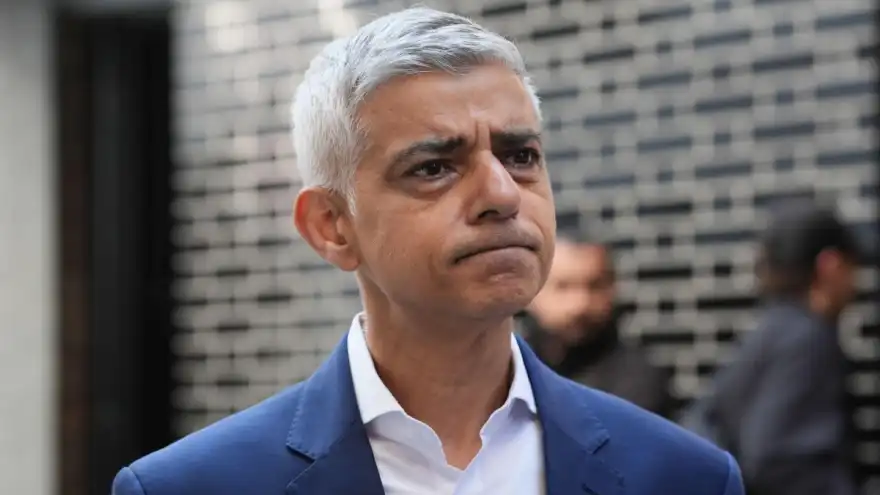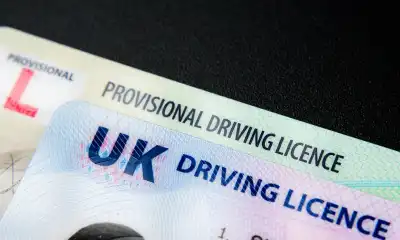
London Mayor Sadiq Khan has announced a tougher stance on drivers who repeatedly fail to pay Ultra Low Emission Zone (ULEZ) fines. Transport for London (TfL) said it will pursue bankruptcy proceedings against persistent offenders “in extreme cases.”
The ULEZ, introduced in 2019 to cut pollution, charges drivers £12.50 per day if their vehicles don’t meet European emissions standards. The scheme expanded in 2023 to cover all of Greater London, making it the largest clean-air charging zone in the world.
Failure to pay the charge can lead to penalty charge notices (PCNs), which start at £180 and rise to £280 if unpaid.
According to TfL, 94% of ULEZ debt is linked to drivers with at least four outstanding PCNs. At the end of the last financial year, unpaid fines had reached £789 million, up from £250 million in mid-2023.
TfL said it has already recovered £16.5 million in road user charges and seized more than 530 vehicles this year through stronger enforcement.
New measures include simplifying PCNs to make them clearer, using more data sharing with national bodies, and directly recovering debt through property sales or wages.
Alex Williams, TfL’s chief customer and strategy officer, said most London drivers - around 97% - are already compliant.
“It’s only a small minority of persistent evaders who continue to ignore penalties,” he said. “We want to make it clear: if you don’t pay, enforcement agents will recover what you owe, and your vehicle or property could be removed.”
The mayor argues that ULEZ has significantly reduced harmful emissions and improved public health, particularly in deprived areas. He has rejected claims the scheme harms high street spending, pointing instead to evidence of cleaner air across London.
However, critics - including Conservative members of the London Assembly - argue that ULEZ expansion has damaged local businesses and question the reliability of TfL’s data. Some accuse the mayor of overstating its environmental impact while leaving households and firms to absorb higher costs.
Despite the controversy, Khan insists the policy is necessary to protect Londoners’ health, reduce illnesses linked to poor air quality, and make progress on long-term climate goals.




